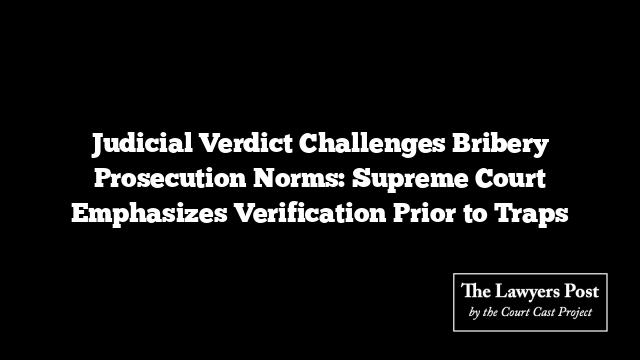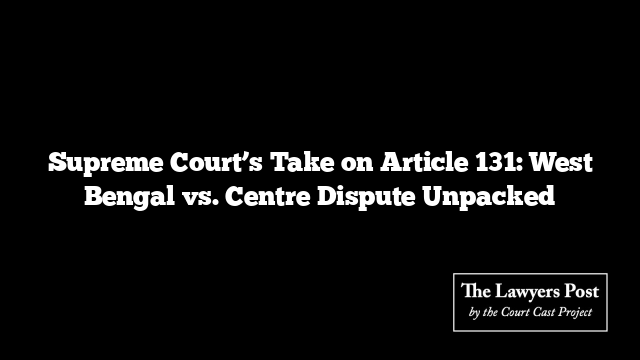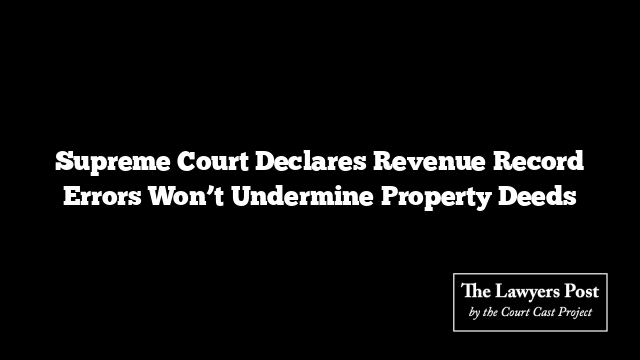In a landmark decision, the Supreme Court has reaffirmed that proving a public servant’s guilt in bribery cases hinges crucially on verifying the initial demand for a bribe. The Court underscored that merely proving acceptance of a bribe is insufficient without establishing prior demand.
The ruling emphasizes the need for investigating officers to meticulously verify the demand for bribery before initiating trap proceedings. This verification, often through recorded conversations between decoys and suspects, serves as a critical step in the prosecution process.
“The prosecution’s failure to substantiate the demand for a bribe undermines its case,” stated the bench comprising Justices BR Gavai and Sandeep Mehta. They acquitted a public servant accused under the Prevention of Corruption Act, 1988, citing inadequate verification of the bribe demand by investigating officers.
The judgment referenced the Constitutional Bench’s precedent in Neeraj Dutta v. State (Government of NCT of Delhi) 2022, which clarified that proving both the bribe offer and the public servant’s demand are essential to establish an offence under anti-corruption laws.
The Court’s decision grants pivotal importance to procedural verifications in bribery cases, setting a significant precedent in criminal law.





